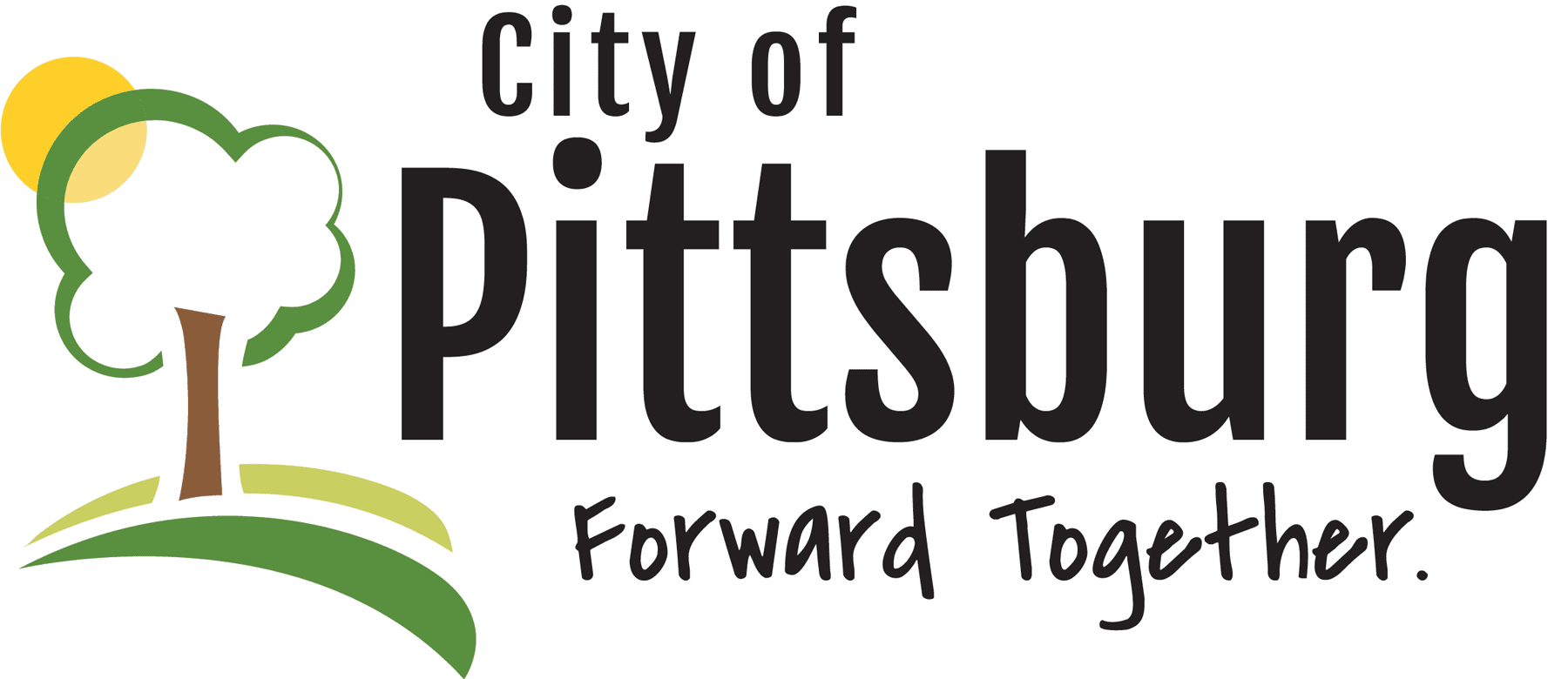Prevent Stormwater Pollution
What is stormwater?
Stormwater is water from rain or melting snow that does not soak into the ground. It flows from streets, parking areas, sports fields, gravel lots, rooftops, or other developed land. As it flows, stormwater runoff collects and transports oil & grease, fertilizers, pesticides and other chemicals from gardens and homes, animal waste, soil from construction sites, and other potential pollutants.
Why is stormwater runoff a problem?
Stormwater can pick up debris, chemicals, dirt, and other pollutants and flow into a storm sewer system or directly to a lake, stream, river, wetland or coastal water. Anything that enters a storm sewer system is discharged untreated into the waterbodies we use for swimming, fishing, and providing drinking water.
What can you do?
Preventing pollution is much more affordable than treating the water to remove the pollutants. Here is a list of several small things you can do at home to help prevent polluting our stormwater.
- Do not over fertilize your yard. Do not apply fertilizer or pesticides before a rain storm. If fertilizer falls onto the driveway or sidewalk, sweep it up instead of hosing it down the storm sewer.
- Use least toxic pesticides, follow labels, and learn how to prevent pest problems.
- Never dump anything down storm drains or in streams.
- Seed or sod bare spots in your yard. Consider building a rain garden.
- Do not blow grass, leaves and yard clippings into the street. Compost your yard waste.
- Direct downspouts away from paved surfaces and onto grassy areas. Consider a rain garden to capture runoff.
- Wash your car on the grass or take it to the car wash so the dirt and soap do not flow down the driveway and into the storm sewer.
- Maintain your car so it does not leak oil and fluids and recycle your motor oil.
- Pick up after your pets and dispose of their waste in the garbage.
- Have your septic tank pumped and system inspected regularly.





